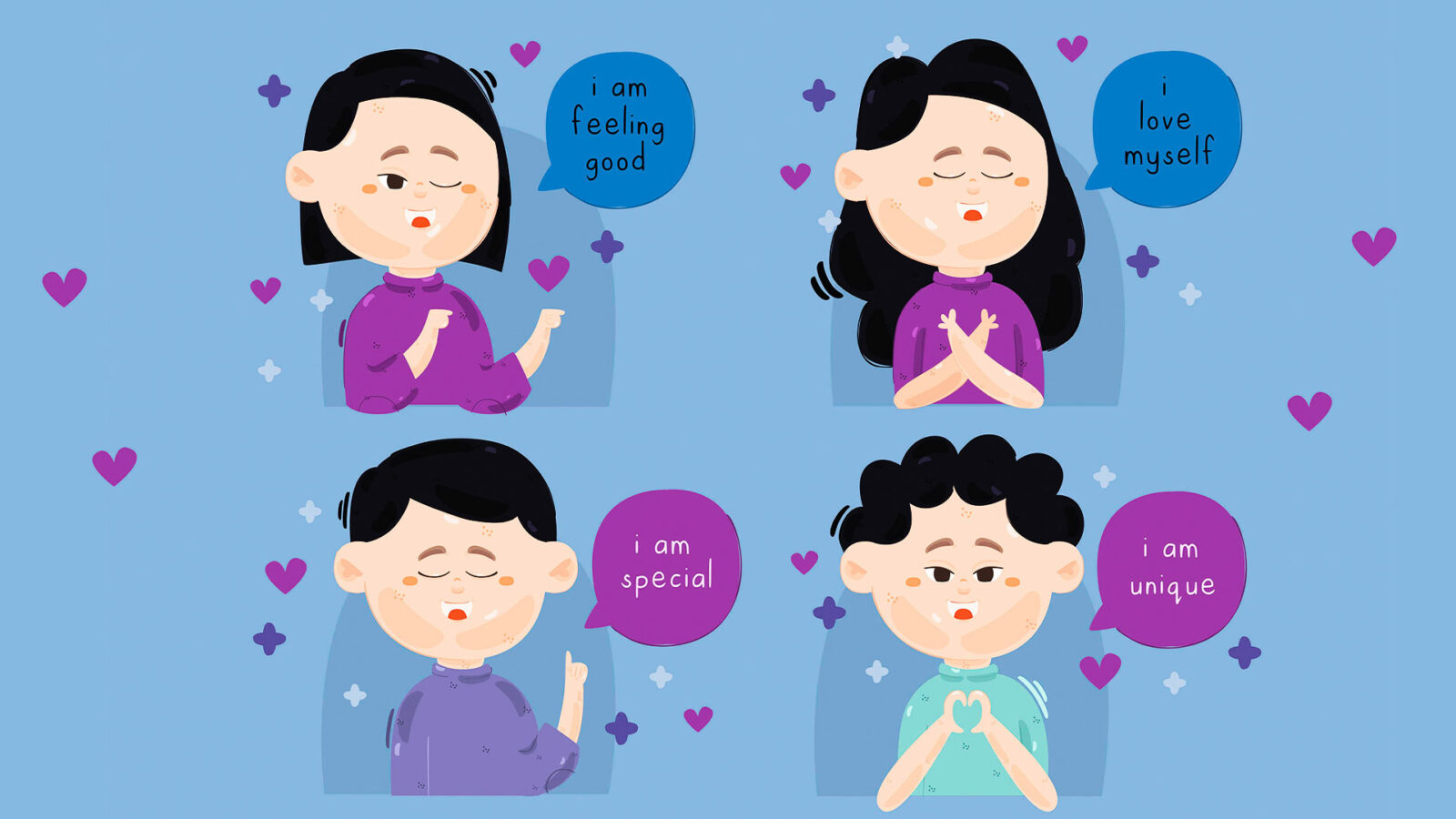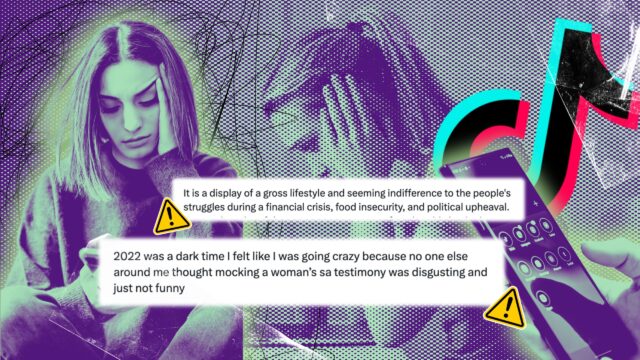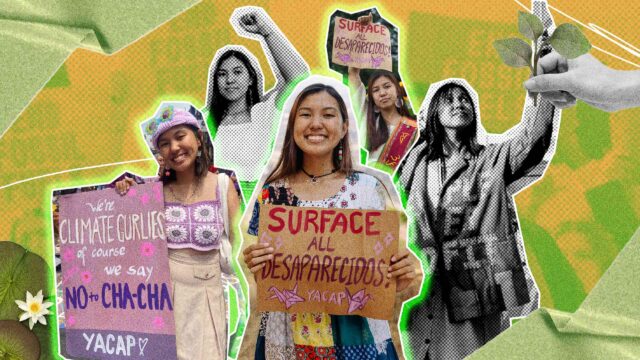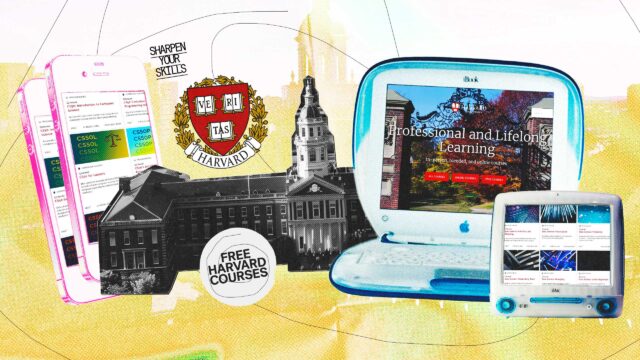It’s true, talking about mental health still isn’t the easiest thing to do, especially in a conservative Philippines. But with dedicated efforts such as the Break Your Stigma website, help is only one click away.
Just like that last piece of ulam no one wants to dare touch at the dining table, the assertion of oneself in social situations that gives way to being polite to a fault, or the necessary human act of asking for help when and where needed, the prevalence of hiya (shame) is so deeply-rooted in our culture. This pervasive Filipino trait inherent to the family is of course not all bad, but for the most part, it cripples us from steps of personal and collective progress. It can be many things, such as voicing out your true opinions in the divisive political discussions, asking for permission to go out with friends on a weekend, or even deciding to take the college course you really want, but there isn’t a more apparent illustration of the embarrassment that surrounds the stigma of mental health.
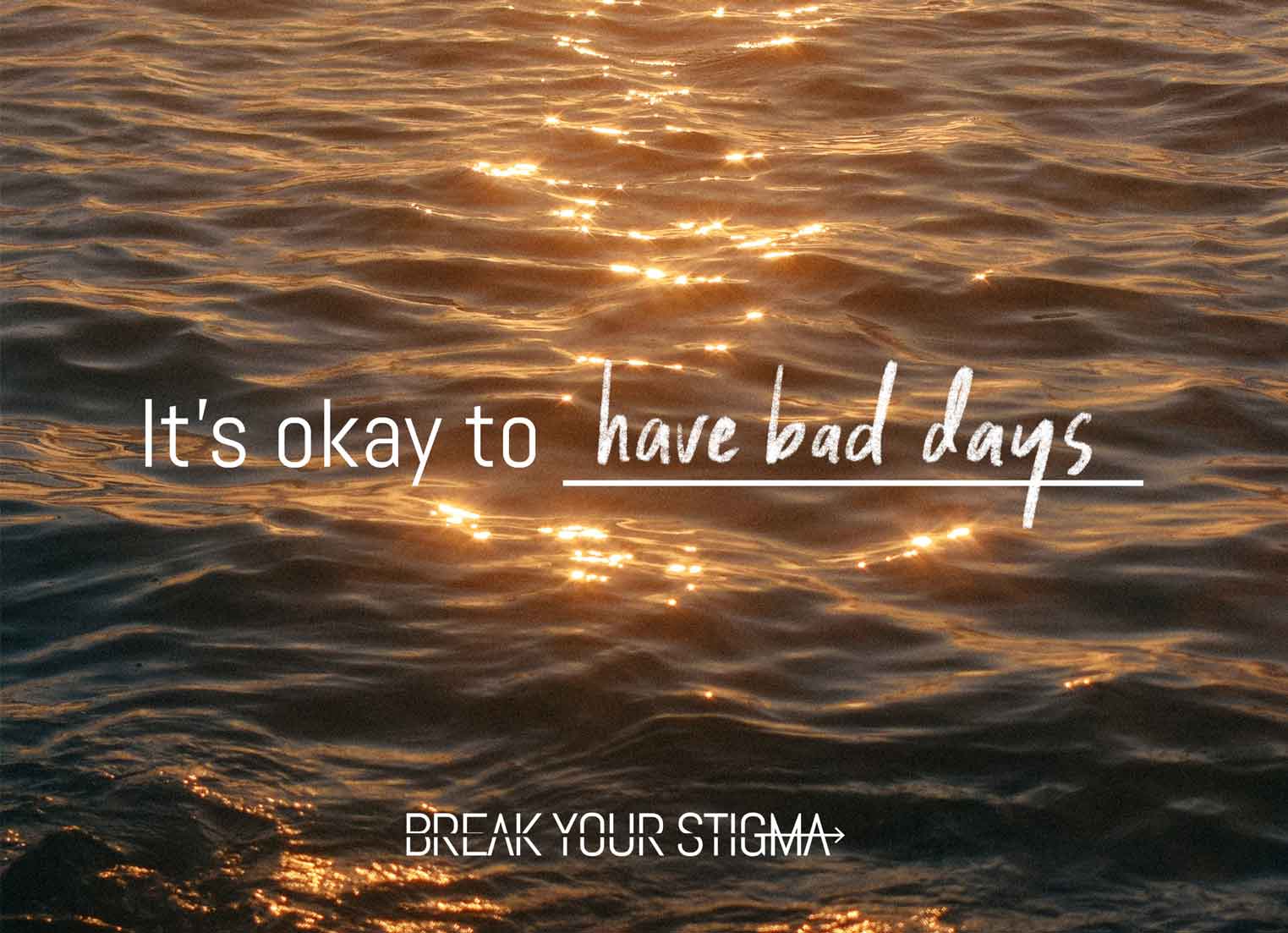
Mental health is still not easy to talk about, and no one agrees more to this than Dr. Honey Carandang, PhD, of the Mindfulness, Love, and Compassion Institute for Psychosocial Services Inc., a foundation that advocates for truth-telling and the scientific principles of psychology for the well-being of Filipino children and families, especially the poor, the disadvantaged, and the traumatized. “The most primary thing (when it comes to our survival) is self-care. In our culture, when you take care of yourself, you are often labelled as being selfish. We were conditioned to take care of others before we could take care of ourselves. I think we should reverse that,” she reiterates during panel discussion at the launch of Break Your Stigma, the mental health support website pursued with passionate persistence by BYS Philippines.“We can only take care of others, when we first take care of ourselves in all ways – including beauty, health, and feeling good.”
This is why every effort towards the extracting and eventually eliminating the shame that comes with matters such as mental health, for example, is very important, especially in a time where even if some still refuse to talk or even think about it, have at the very least gone through it in some degree.
Mental Health Matters
“You are reacting normally to extraordinary times,” assures Dr. Honey Carandang, perhaps encompassing everytime we have heard the lines “why are you so emotional” or “it’s all in your head.” While we are emotional and it does happen, for the most part, in our heads, it is an especially unique human condition exacerbated by the gloom and doom brought about by the unrelenting pandemic.
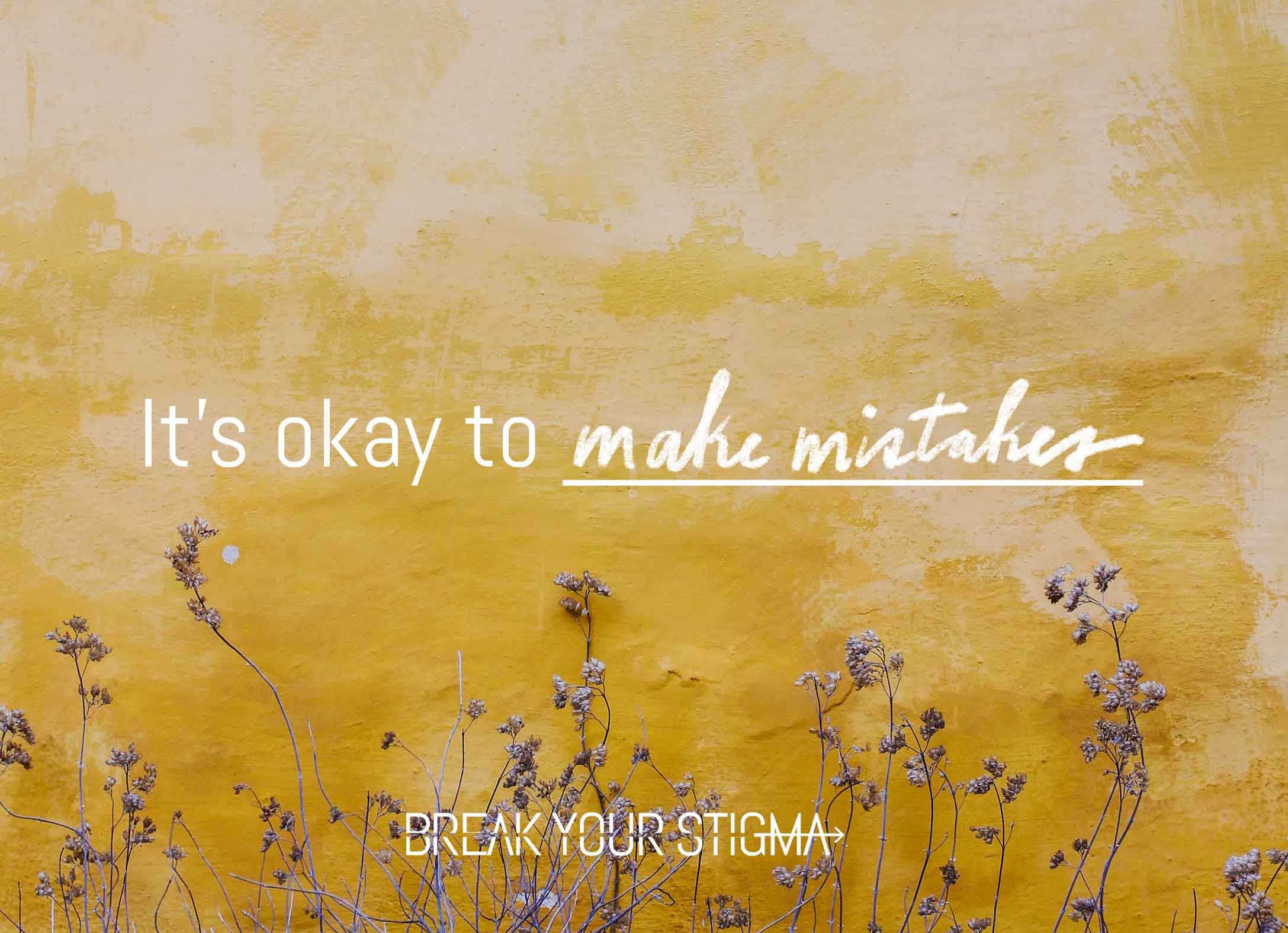
“The lack of understanding is what makes us judgy. People think that mental health is just ‘in the mind,’ but it comes out in so many other things–our body, our thoughts, and our feelings. There are complexities to mental illness and there are complexities in the way one person reacts to a stressor compared to someone else,” details licensed psychologist, Gisa Paredes.“One way to stop the stigmatization is to be willing to understand. And that’s what Break Your Stigma is all about–to show others that we can talk about these things and we can start sharing links with our family and friends. If you know someone who is going through something, the first step can be as easy as asking a question such as what is that experience like for you and then listening to their stories.”
A meeting of minds with the same intention: to help further the conversation of mental in the Philippines and amplify the awareness by first and foremost, building a safe space for advocacy and information, Break Your Stigma is a gateway that platforms everything one needs when deciding to seek help or really understand the complexities of the human mind and emotion. While it is true that there have been great strides made over the recent years, the last few ones being no exception, it still mostly exists in hushed tones. Now, this is in no way to brandish the sword of mental health for the sake of. In fact, it doesn’t even brand itself as an accredited medical organization, but rather distilling all the necessary resources, leading people into their own decision and provision for immediate help.
Come Closer
Where Break Your Stigma is an initiative that is set to help a whole lot, the crucial step begins with yourself and at home. Yes, the Filipino value for hiya will always linger, but if it means giving you the peace of mind to breathe and just be, then the uncomfortable, but utlimately necessary opening up has to be mustered as best as one can, no rush and pressure, of course. Ayen dela Torre and Rachel Aquino of Where To Next, the creative duo helping bring Break Your Stigma to life with BYS says, “Normalizing this conversation within your immediate circle of influence allows [who you talk] to feel like you are truly passionate about this issue and motivated to turn these ideas into concrete action.”
This also means encouraging an exchange of thoughts and opinions, which will make for a more compelling and comprehensive understanding of mental health. “Once you have listened to their insights and considered their suggestions, you have to allow yourself to be vulnerable and share your own struggles and hopes. If you are a leader or an influencer, being perceived as human with their own flaws and struggles can allow them to emotionally connect more with your message.” Because while we may feel alone for the most part, it might surprise you how much the closest person to you might be feeling something similar as well, and together, help each other feel better.
Break Your Stigma
Going beyond its mission and vision of promoting mental health and protecting the care that comes with it, Break Your Stigma aims to really be the groundswell where Filipinos can finally and truly live by the credo: be yourself. “It’s really hard to be yourself if and when you don’t love yourself or when your current self is going through something extremely difficult. It’s hard if you can’t break the stigma of acknowledging your internal pain and seeking help, and most importantly judging ourselves and others for not having a perfect mental health state,” shares Angie Goyena, President of iFace, Inc.
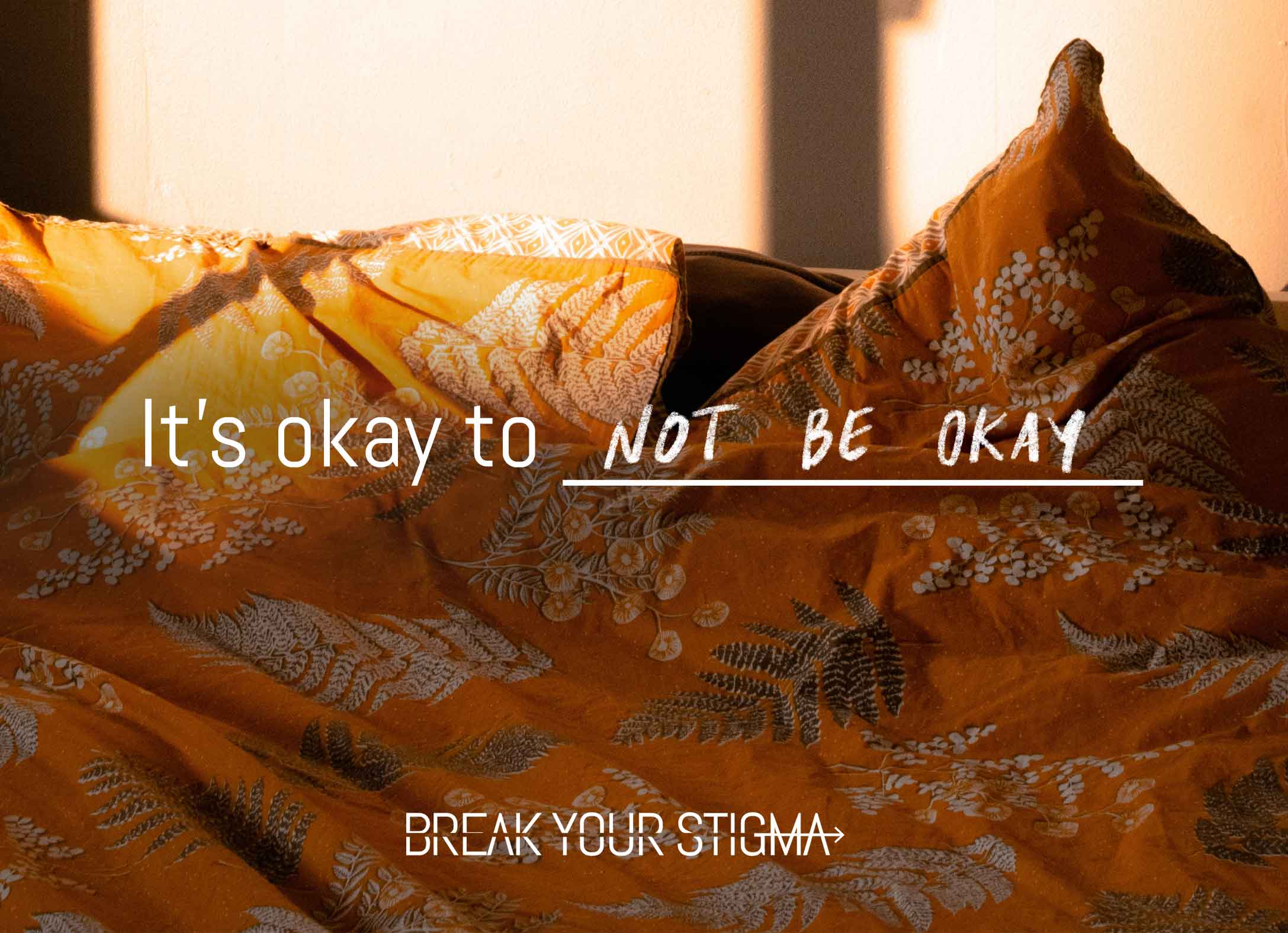
“We plan to negotiate and discuss with the doctors (featured in the directory) if they can offer discounts for their service fees. We’re also working on a fund where we can sponsor patients who cannot afford help,” she details of the big plans for Break Your Stigma, which as of now has a thorough directory for psychiatrists and psychologists in Metro Manila and reaching as far Benguet and Ilocos Norte, a tab for gatherings to widen perspectives and build connections, and finally, a space for stories to really expand the comprehension and to make everyone feel welcome. “In the coming months, we will be offering more services on the website including launching a podcast, a free self-assessment tool, and the mental health fund. Today is just the start.”
The climb is steep when it comes to openly talking about and mindfully navigating the oft-shunned and dismissed topic of mental health in the Philippines. It’s true, it isn’t the easiest to talk about, but now more than ever, there has to be a conscious effort to really put ourselves first in that regard without shame and feeling selfish. If anything, this undertaking of understanding and healing will make us realize that not only do we have to be kind to one another, but most importantly, be kinder to ourselves, because in case anyone hasn’t told you yet today, your feelings are valid and yes, you matter.
CONTINUE READING: NADINE LUSTRE, LIZA SOBERANO, AND YASSI PRESSMAN: “IT’S TIME TO END THE STIGMA ON MENTAL HEALTH.”
